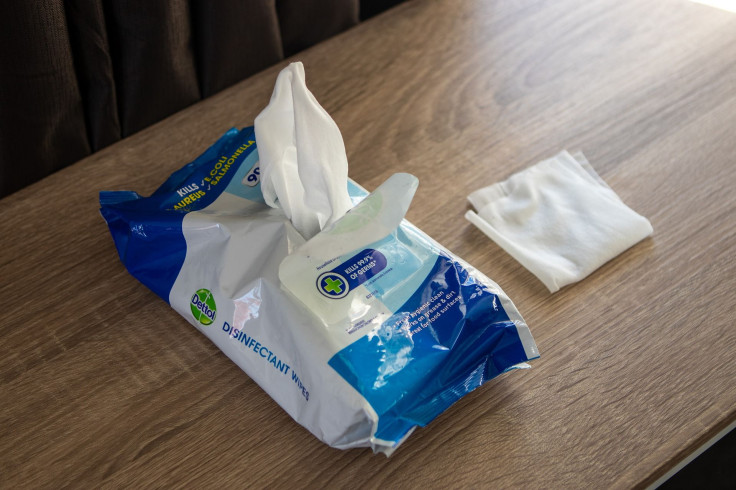Bizarre Items Found Clogging Toilets In Sydney, Including A Brick
KEY POINTS
- Sydney Water launched an information campaign after "unflushable" and "unsinkable" objects were found clogged in wastewater systems
- Items such as jewelry, toys and even a brick have been flushed down toilets
- Nearly $6 million is spent each year to remove refuse from the wastewater system, Sydney Water says
The Australian government has launched a new campaign to remind residents of what items can be sent down their toilets after flushed objects like jewelry and even a brick contributed to major drain blockages.
Sydney Water's "It's Best to Bin It" campaign was released to remind people that urine, poop and toilet paper are the only types of waste that should be flushed down a household toilet, 7News.com.au reported.
The New South Wales government-owned statutory corporation said the initiative comes after its crews had to fix more than 7,000 faults in the wastewater network over the past three months, according to the report.
Maryanne Graham, Sydney Water's general manager for customer, strategy and engagement, stated that too many "unflushables" were being sent down toilets, and they were wreaking havoc on the wastewater network.
These items included wet wipes, cotton buds, tissues, dental floss, hair, cleaning cloths and sanitary products.
"The reality is wet wipes, fats, oils and grease and other items like cotton buds, tissues and sanitary products are a major threat to our wastewater network," Graham was quoted as saying.
Wet wipes are responsible for around 75% of wastewater blockages.
People also flushed down jewelry, watches, earphones, lighters and, on one occasion, a brick. Other items included kids' toys such as Lego and figurines, as well as paper money and coins.
"When household waste gets flushed down the toilet, they create a clump that eventually blocks drains and clogs sewer pipes," Sydney Water wrote on its website.
One in two people are flushing the wrong things down the toilet, the agency estimated. Three in four people, meanwhile, were putting the wrong things down the sink.
"Unsinkable" items include fats, oils and grease, as well as other kitchen items like coffee grounds and food scraps, according to Sydney Water.
It reportedly spends more than AUD$8 million ($5.8 million) a year removing 500 tons of refuse from the wastewater system.
"We remove hundreds of tonnes of unwanted bathroom products and kitchen waste from our wastewater system and waterways each year, costing customers and the environment. This is because the wrong things end up down household drains and blocking pipes," Sydney Water said.

© Copyright IBTimes 2025. All rights reserved.





















